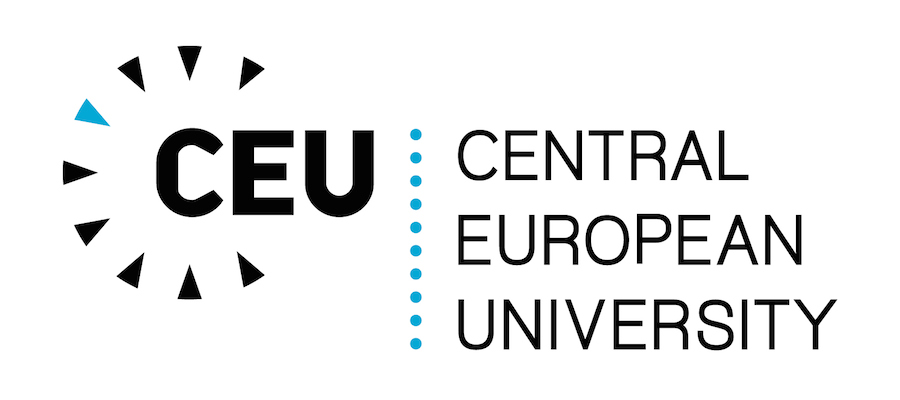The Center for Eastern Mediterranean Studies of Central European University (CEU) in Budapest, Hungary announces a call for a postdoctoral fellow position focusing on confessional dynamics in Armenian communities between the 15th and 18th centuries.
In recent years, early modern Armenian history, which has suffered from scholarly neglect compared to its medieval and modern counterparts, has begun to see some significant contributions that signaled its extraordinary importance for understanding global early modern dynamics. However, the trans-imperial reach of the Armenian communities between the fifteenth and eighteenth centuries is yet to be examined in terms of various Muslim and Christian confessional discourses to which these communities were exposed in different political contexts they inhabited (particularly in the Ottoman and Safavid Empires, as well as various European polities), or which they themselves initiated and articulated in response.
We are inviting project proposals that would address some aspect of Armenian communities’ engagement with early modern confessional politics in the Ottoman and Safavid Empires and/or Europe, ideally in a trans-imperial perspective. Possible topics include but are not limited to the analysis of the manuscripts and printed books on religious topics produced by or for Armenians in the period between the fifteenth and eighteenth centuries; study of the proselytizing activities among the Armenian communities by Sunni, Shii, Catholic, Protestant, etc. missionaries; evidence of religious and/or confessional polemics with Muslims or other Christians; intra-communal struggles for control of the Patriarchal seat and the Ottoman administration’s role in these developments; the relationship between the economic and religious dynamics within the Armenian communities; Armenians’ strategies for creating/maintaining religious boundaries in particular religio-political contexts; etc. While we welcome projects that extend into the eighteenth century, we are not interested in proposals that focus exclusively on the eighteenth century, since the goal is to understand the religious dynamics that preceded it.
This postdoctoral fellow position is associated with the ERC project entitled The Fashioning of a Sunni Orthodoxy and the Entangled Histories of Confession Building in the Ottoman Empire, 15th-17th Centuries (OTTOCONFESSION) hosted by the Center for Eastern Mediterranean Studies at Central European University and carried out in cooperation with Boğaziçi University. The project looks into the evolution of confessional discourses and concepts of religious orthodoxy in the Ottoman Empire in both community-specific and entangled, cross-communal perspectives between the fifteenth and eighteenth centuries, by focusing on a) the agents and strategies; b) textual genres; and c) sites of confessionalization. The OTTOCONFESSION project is based on the premise that the evolution of the Ottoman discourses on Sunni orthodoxy was shaped by religio-political dynamics not only in the Muslim communities within (and contested by) the Ottoman and Safavid Empires, but also in different Christian communities (Orthodox, Catholic, Protestant, etc.) that transgressed the boundaries of these empires and various European polities as well.
Duties and Responsibilities
- Undertake research on the proposed topic
- Work towards publications (articles and/or monograph) based on proposed research
- Present papers at the conferences organized by the project team and internationally
- Contribute to the project-related publications and other deliverables
- Participate in consultation sessions of the research team
Application Requirements
- The applicant has a PhD degree in history, literature, theology or a related field
- The applicant has a good command of Armenian and ideally at least another relevant research language (e.g., Ottoman Turkish, Persian, Italian, Latin, etc.)
- The applicant has written and spoken proficiency in English, although we also welcome applications from the candidates who are comfortable speaking in English but prefer writing in French or German
